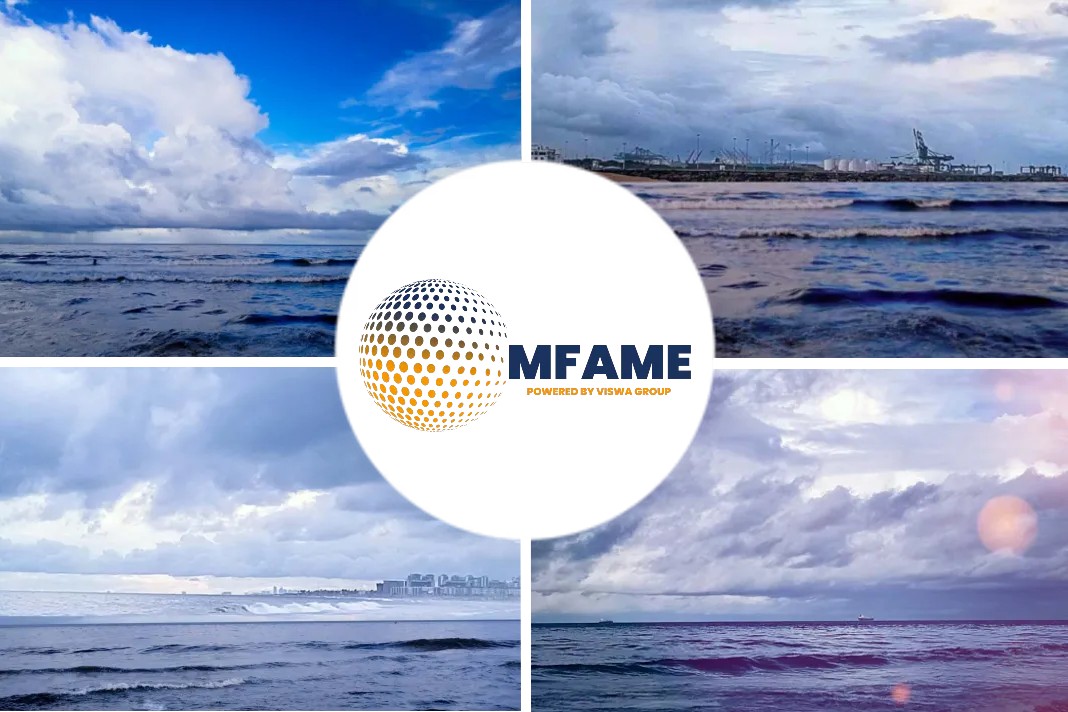Changing Arctic Environment Could Also Change Technologies Needed to Protect It, Experts Say, according to Sea Power news source.
Arctic nations and technologies
Arctic nations need to consider what technologies will still be needed when there’s less ice to negotiate, according to a panel discussion on the Arctic domain.
“The demand for heavy ice breakers is going to decrease” in the not too distant future if the Arctic becomes “an ice-free zone,” Richard Jenkins, CEO of unmanned surface vessel (USV) maker Saildrone said Aug. 2 at the Navy League’s Sea-Air-Space expo in National Harbor, Maryland.
Unmanned systems
“Unmanned systems are not a replacement for manned systems,” Jenkins said during the panel discussion, Arctic Domain Readiness.
However, he added manned-unmanned teaming could reduce the need for humans to be present 24/7 in the harsh Arctic environment, with USVs or aerial or undersea drones keeping watch and alerting military, Coast Guard or scientific teams to changing situations.
With no year-round ports for large ships, ice breakers like the Coast Guard Cutter Healy, which recently began a four-month deployment to the Arctic have to pack enough food and fuel for an extended stay in the region, Jenkins said.
The changing environment may be “an opportunity to rethink how to design our ships going forward,” he added.
New international regulations
Dr. Alyson Azzara, international trade specialist with the U.S. Department of Transportation, noted that new international regulations to address climate change will ban heavy fuel oil use by ships starting in 2024 and global fuel sulphur cap. Replacement fuels “will be, presumably, zero emission and low carbon fuels. And those fuels don’t exist yet,” she said.
In addition to concerns about the spread of pollution with increasing maritime traffic crossing the Arctic as melting sea ice opens more transit channels, scientists have noticed underwater noise pollution is on the rise. “The volume has doubled in under 10 years,” Azzara said.
“That’s important for the environment, for marine mammals,” she said, “but it’s also important for anything operating or listening or recording under the ice, under the water.”
Operating in the Arctic “becomes more difficult when there’s more noise” under the water said Vice Adm. Andrew Lewis, commander of the U.S. 2nd Fleet, another panel member.
Did you subscribe for our daily newsletter?
It’s Free! Click here to Subscribe!
Source: Sea Power

















